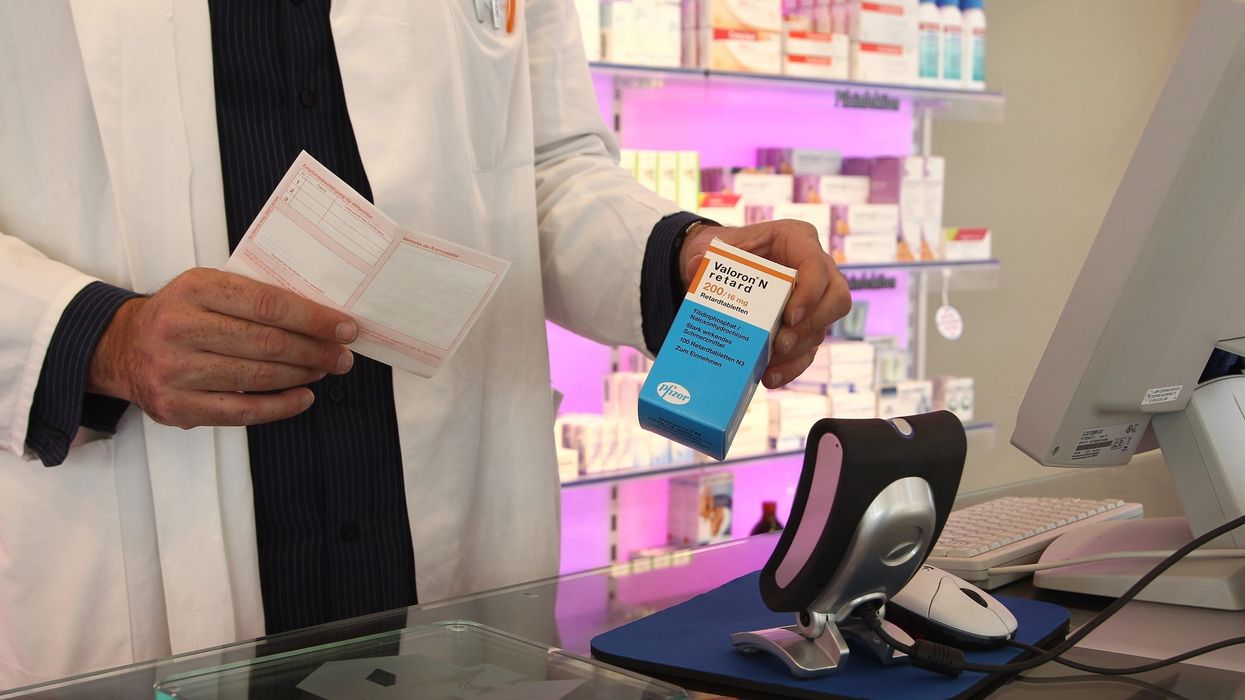The National Institute for Health and Care Excellence (NICE)'s new draft diagnostic guidance has recommended one of four blood tests to diagnose pre-eclampsia in pregnant women.
The independent NICE diagnostic advisory committee stated four tests that can be used between 20 and 36 weeks and six days of pregnancy to help make decisions about caring for women presenting with suspected preterm pre-eclampsia.
Pre‑eclampsia is a potentially serious complication of pregnancy, thought to be related to problems with the development of the placenta.
Early signs of pre‑eclampsia include high blood pressure and having protein in the urine. Pre-eclampsia affects up to 6 per cent of pregnancies, with severe pre-eclampsia developing in up to two percent of UK pregnancies.
The recommended tests measure levels of placental growth factor (PLGF) in the blood. PLGF is a protein that helps the development of new blood vessels in the placenta. In pre-eclampsia levels of PLGF can be abnormally low and could be an indicator that the placenta is not developing properly.
Tests were previously only recommended by NICE for use to help rule out pre-eclampsia. Being able to help positively diagnose pre-eclampsia will lead to better care for the mother and her unborn baby. This can involve referral to a specialist and hospital admission to monitor the mother and unborn baby. Pre-eclampsia is only cured by delivery of the baby. Evidence presented to the committee showed that use of the tests did not lead to unnecessary early delivery.
If not monitored and treated, the condition can lead to serious complications for both mother and baby.
Recommendations on pre-eclampsia in NICE’s antenatal care guideline include measuring blood pressure and checking the urine for protein at each antenatal visit to check for pre-eclampsia. The guideline also recommends determining risk factors for pre-eclampsia at the booking appointment (by 10 weeks of pregnancy).
Jeanette Kusel, acting director for MedTech and digital at NICE, said: “These tests represent a step change in the management and treatment of pre‑eclampsia.
“New evidence presented to the committee shows that these tests can help successfully diagnose pre‑eclampsia, alongside clinical information for decision-making, rather than just rule it out.
“This is extremely valuable to doctors and expectant mothers as now they can have increased confidence in their treatment plans and preparing for a safe birth”
Dr Mark Kroese, chair of the NICE diagnostics advisory committee, said: “The committee called for further research when it looked at this topic in 2016. Following some excellent research, we can now issue draft guidance for four test which the NHS can use to help diagnose pre‑eclampsia.











